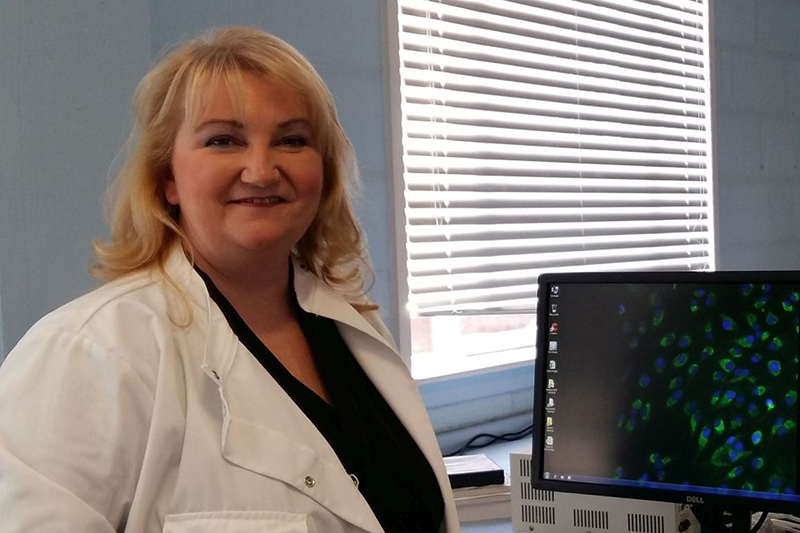IGFS researcher among team awarded 6.1 million euros to address fertility issues
IGFS has been awarded 6.1 million euros, in collaboration with 11 other global partner universities and institutions, to develop a test to identify harmful chemicals that affect female fertility.

The grant is part of a wider research project funded by the European Research and Innovation programme Horizon 2020 to develop highly needed test methods to identify harmful chemicals, known as endocrine disruptors. The tests will be used to address a range of health issues affecting humans, animals and the environment.
Endocrine disruptors are chemicals that can interfere with hormones and are found in everyday products such as plastics, air fresheners and cosmetics. Without dedicated tests to assess endocrine disruptor properties, it is difficult to gauge the damage these chemicals can have on humans, animals and the environment.
Better test methods will help protect the health of humans and the environment. In humans, endocrine disruptors can affect fertility and brain development. Animals can be affected by endocrine disruptors in the environment. For example, male fish are increasingly carrying female eggs caused by the release of endocrine disruptors released by waste water treatment plants.
Researchers at Queen’s University and Vrije Universiteit, Netherlands have been awarded 6.1 million euros to develop a test on assess how endocrine disruptors can affect a women’s fertility (through the FREIA project).
Dr Lisa Connolly (pictured) from the Institute for Global Food Security at Queen's University, co-author on the study explained: “There is surprisingly limited knowledge on this issue. We will investigate how exposure to endocrine disruptors during different hormone-sensitive phases in a woman’s life such as the fetal, puberty, and adult stages, can ultimately affect her fertility.”
The main aim of this project is to develop tests for humans to identify the chemicals that can cause damage to the female reproductive system.
Dr Connolly added: “We are delighted to be part of this research project which brings together experts across a number of countries. It is only through developing a test to better understand how these chemicals affect fertility that we will then be in a position to offer solutions.”
